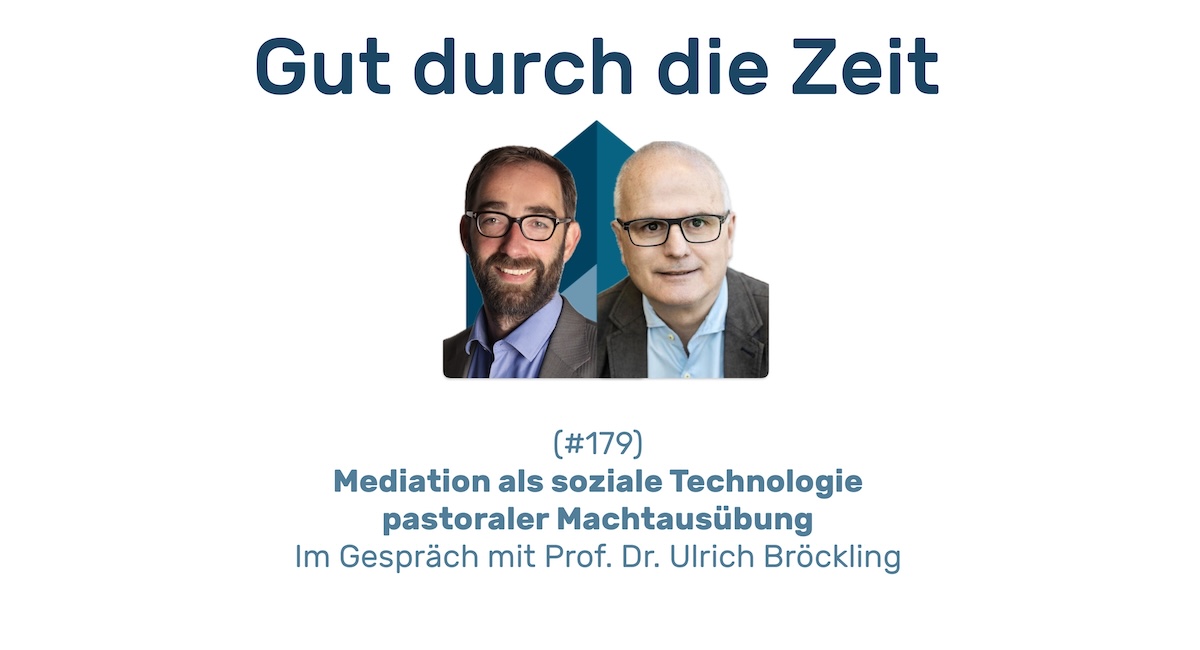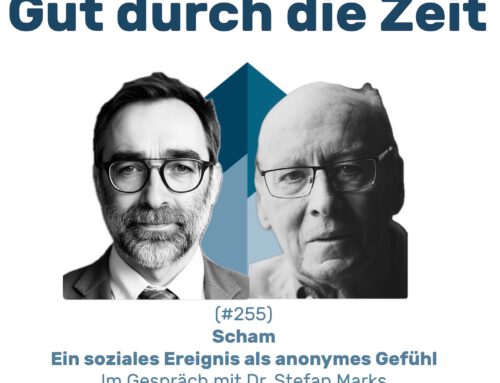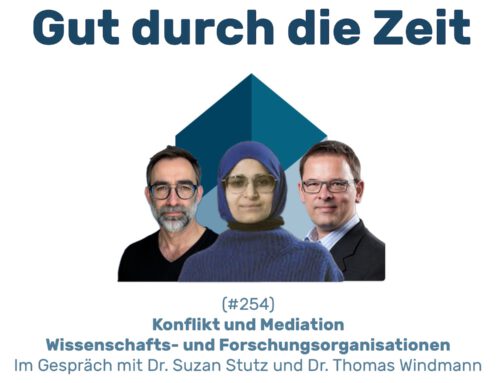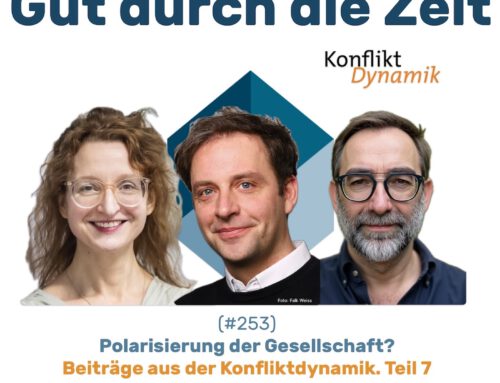INKOVEMA Podcast „Well through time“
#179 – Mediation as a social technology for the exercise of pastoral power
The art of governing people, managerialisation of the self and the participation trap as facets of mediation
In conversation with Prof Dr Ulrich Bröckling
Prof Dr Ulrich BröcklingSociologist, studied special education and sociology; Professor of Cultural Sociology at the Albert-Ludwigs-Universität Freiburg. Author of „The Entrepreneurial Self“ (2006) and „Good Shepherds Lead Gently“ (2017).
Well through time.
The podcast about mediation, conflict coaching and organisational consulting.
Contents
Mediation as a pastoral exercise of power
Ulrich Bröckling has described mediation in his books as a form of „pastoral exercise of power“ that is reminiscent of the role of a shepherd. This idea is based on Michel Foucault's concept of „pastoral power“, which comes from the Christian tradition and describes the relationship between a shepherd (pastor) and his flock (community). This form of power is not authoritarian or repressive, but caring and guiding.
According to Bröckling's perspective, the mediator's role tasks – resemble those of a shepherd in many respects, especially in their subtle exercise of power and leadership.
- Both act as guiding figures who aim to prevent and resolve conflicts by creating a calm and safe environment.
- A shepherd leads his flock, protects them from danger and ensures harmony and security without openly exercising power.
- He directs and influences the herd through gentle guidance and unobtrusive control. A mediator acts in a similar way, using a neutral and impartial approach to help the conflicting parties communicate with each other, understand their concerns and work out solutions together.
- The mediator facilitates trust, promotes a co-operative atmosphere and helps the parties to focus on their interests rather than their positions.
- On the whole – and this is sometimes little emphasised – mediators also exercise subtle power by determining the framework and rules of the mediation process, albeit in consultation with the mediators – and steering the direction of the discussions without being dominant.
Both the shepherd and the mediator use their role to achieve sustainable and peaceful outcomes by gently guiding and directing the parties involved.
What does that mean in concrete terms?
Caring and leadership: Pastoral power is based on the principle of care and leadership. A shepherd looks after his flock, leads them to food and water, protects them from danger and ensures that they do not get lost. This leadership is not coercive, but gentle and supportive.
Individualised support: An essential aspect of pastoral power is individualised care. The shepherd knows every member of his flock and responds to their individual needs. Applied to mediation, this means that the mediator takes care of the individual concerns of the conflicting parties and tries to find a solution that is acceptable to all.
Gentle influence: Mediation as a pastoral power relies on gentle influence rather than coercion. The mediator guides the parties, offers perspectives and solutions without imposing a specific solution. The parties themselves should come to an agreement that is accepted by all.
Voluntariness and autonomy: Mediation respects the autonomy of the parties involved. The parties decide voluntarily to take part in mediation and are also free to decide which solutions they accept. The mediator guides and supports, but does not force any decisions.
Contractualism
Contractualism plays the following role in connection with Bröckling's idea of mediation as an exercise of pastoral power:
- Mediation as a contract: Mediation can be seen as a form of social contract in which the parties to a conflict voluntarily and rationally agree to take part in a mediation process. They recognise that an amicable solution is beneficial for everyone.
- Rational consent and voluntariness: Participation in mediation is voluntary and is based on the rational realisation that a joint solution is better than an ongoing conflict. The parties agree to the rules of the mediation process because they recognise the benefits.
- Gentle leadership and autonomy: The role of the mediator is that of a shepherd who guides and supports the parties without being authoritarian. The mediator helps the parties to reach an agreement based on rational consent and mutual benefit.





Leave A Comment